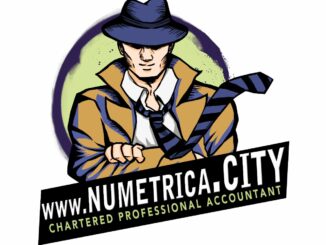
Condominiums are typically registered as a non-profit-organization (NPO). NPO corporations are tax exempt. The misconception here is that tax exempt means that they are not required to pay income tax return however, NPOs condominiums must file a corporate tax return (T2) and also T1044.
These are conditions set by CRA for 1044 filing requirement.
An organization has to file this return if:
- it received or is entitled to receive taxable dividends, interest, rentals or royalties totalling more than $10,000 in the fiscal period;
- it owned assets valued at more than $200,000 at the end of the immediately preceding fiscal period;
- It had to file an NPO information return for a previous fiscal period.
(Guide T4117, Income Tax Guide to the NPO has more detail concerning NPOs)
T2 and 1044 return are due 6 months after the year-end. So if the year-end for the corporation is on Dec 31, then the returns are due at the end of June. Typically, these 2 returns are printed and filed at the same time.
In addition, when corporations start renting their buildings for commercial activates which exceeds their costs, they become profitable and lose the non-for-profit status.
What happens if a condominium unit which is owned by the NPO is sold and resulted a capital gain?
The capital gain earned by the corporation, can be distributed to condominium owners without changing the NPO status. This way the owners of the condos will report the gain on their personal tax returns and are liable for the capital gain taxes.
Definition of an NPO according to CRA:
What is a non-profit organization?
An NPO, as described in paragraph 149(1)(l), is a club, society, or association that is not a charity and that is organized and operated solely for:
- social welfare
- civic improvement
- pleasure or recreation
- any other purpose except profit
To be considered an NPO, no part of the income of such an organization can be payable to or available for the personal benefit of any proprietor, member, or shareholder, unless the proprietor, member, or shareholder is a club, society, or association whose primary purpose and function is to promote amateur athletics in Canada.
An NPO is exempt from tax under Part I of the Act on all or part of its taxable income for a fiscal period if it meets all of the above requirements for that period.
CanadianReporter.ca was not involved in the creation of this content. Information contained on this page is provided by an independent third-party content provider. CanadianReporter.ca makes no warranties or representations in connection therewith.



